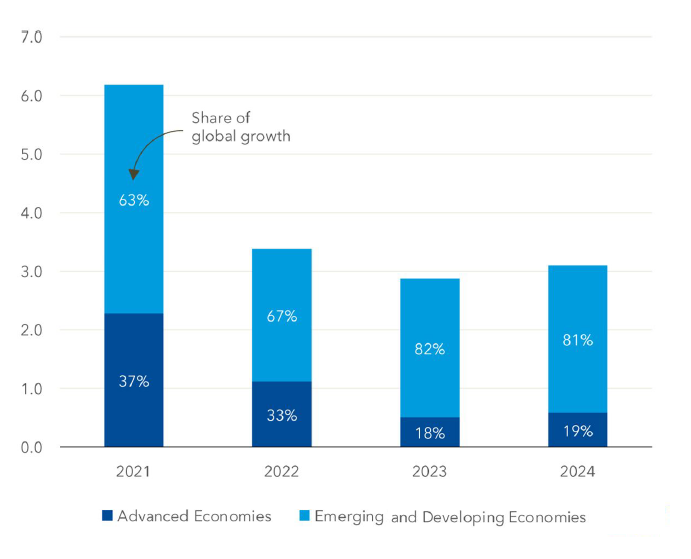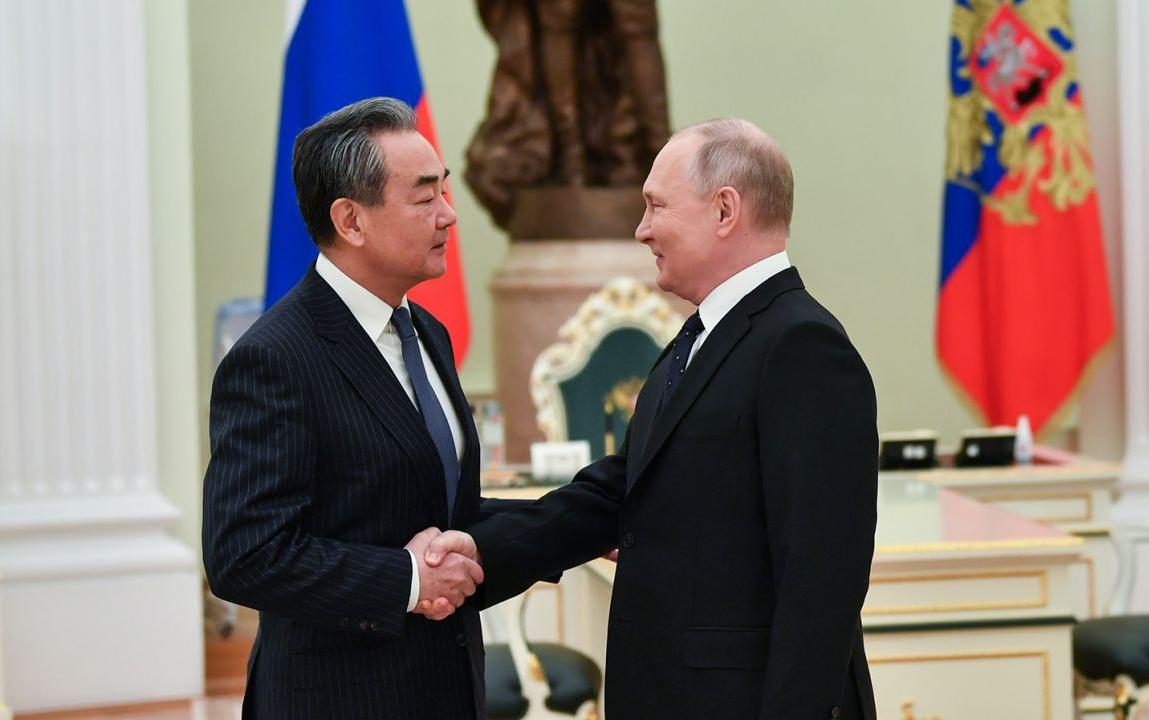Richard Weitz, Senior Fellow, Hudson Institute
Apr 18, 2023
The Xi-Putin summit seems to have had little immediate impact on China-Russia relations, the war on Ukraine, on other major global issues. But the context of the meeting underscores the durability of the Beijing-Moscow alignment.
Zhang Yun, Professor, School of International Relations, Nanjing University
Apr 04, 2023
Japan, the world’s third-largest economy, wants to unite the global South and hopes to play a bigger role in the international community. Lacking inclusiveness, however, its strategies and tactics may run aground.
Xiao Bin, Deputy Secretary-general, Center for Shanghai Cooperation Organization Studies, Chinese Association of Social Sciences
Apr 12, 2023
Interstate political relations are changing the dynamics of the international system. China’s relationship with Russia has become a tool for balancing the shifting pres-sures. But no country can predict the consequences of war. Staying out of it may be the best way to maximize gains.
Xiao Bin, Deputy Secretary-general, Center for Shanghai Cooperation Organization Studies, Chinese Association of Social Sciences
Mar 24, 2023
The Russia-Ukraine war has shaken Europe’s energy security, triggering major adjustments in supply chains, consumption and renewable energy development. The conflict and its spillover effects suggest that a new economic cold war may already be underway.

Dan Steinbock, Founder, Difference Group
Mar 01, 2023
The year 2023 represents a turning point. If economic realities guide global prospects, it will be a positive turnaround. If geopolitics will continue to penalize economic prospects, a negative inflection point is more likely.
Xiao Bin, Deputy Secretary-general, Center for Shanghai Cooperation Organization Studies, Chinese Association of Social Sciences
Mar 01, 2023
The Russia-Ukraine conflict is forcing people to rethink the role of today’s international system in maintaining world peace. The system is currently out of balance, with one superpower and several other significant powers jostling for prominence.
Dong Chunling, Deputy Director, Office of the Center for the Study of a Holistic View of National Security, CICIR
Feb 28, 2023
China has provided some new thinking and inspiration for solving the international security puzzle. The answer involves major countries breaking through the constraints of outdated Western security theories and charting a course that is comprehensive, cooperative and sustainable.
Sebastian Contin Trillo-Figueroa, Geopolitics Analyst in EU-Asia Relations and AsiaGlobal Fellow, The University of Hong Kong
Feb 28, 2023
As the war in Ukraine marks its one year anniversary, and with the recent announcement of China’s call for a ceasefire and peace talks between Russia and Ukraine, it’s imperative to analyze history and to consider further pathways to peace. Ultimately, China is best positioned to lead the way to the end of the war, and them doing so would be for the betterment of the world.
Leonardo Dinic, Expert in Geopolitics and International Business, the Future of Work, and Emerging Technologies
Feb 27, 2023
The recent sanctions from the U.S. against Chinese satellite manufacturer Spacety China in response to the company’s alleged connection with Russia’s Wagner group of mercenaries have significant geopolitical implications. These include increased tensions as a result of U.S. efforts to counter Russia’s aggression in Ukraine, and consequently, an aggravated relationship between Russia and China.

Zhao Minghao, Professor, Institute of International Studies at Fudan University, and China Forum Expert
Feb 27, 2023
Beijing’s influence on the Ukraine crisis is limited. Neither Washington nor NATO should nurse unrealistic expectations. Relations between China and Russia should not be viewed through the lens of Ukraine. It’s in everyone’s interest to stop the crisis from escalating into a global confrontation.
Back to Top

- China-US Focus builds trust and understanding between the U.S. and China through open dialogue among thought leaders.
- Our Offerings
- Topics
- Videos
- Podcasts
- Columnists
- Research Reports
- Focus Digest
- Stay Connected
-
Thanks for signing up!
- Get the latest stories from China-US Focus weekly.